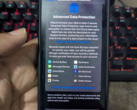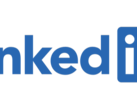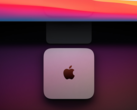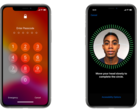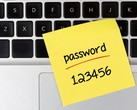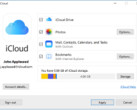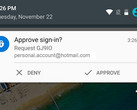Those who use Chrome on Windows devices but also go online via Safari on their Apple devices can finally sync their passwords thanks to a new extension made by Apple. The iCloud Passwords browser extension for Google Chrome was added to the Chrome Web Store yesterday and it is obviously free to download and install.
Thanks to the aforementioned piece of code, the strong passwords created on iPhones, iPads, or Macs and saved to the iCloud Keychain can be used in Google Chrome on Windows PCs. More than just retrieving already created passwords that are stored in iCloud Keychain, iCloud Passwords also uploads those created in Google Chrome so they can be used on Apple devices.
With a size of just 154 KB, the extension is very small and should not slow down the browser at all. Its launch comes a few days after Apple released a new version of iCloud for Windows 10 which already included support for the extension before it became available for download.



